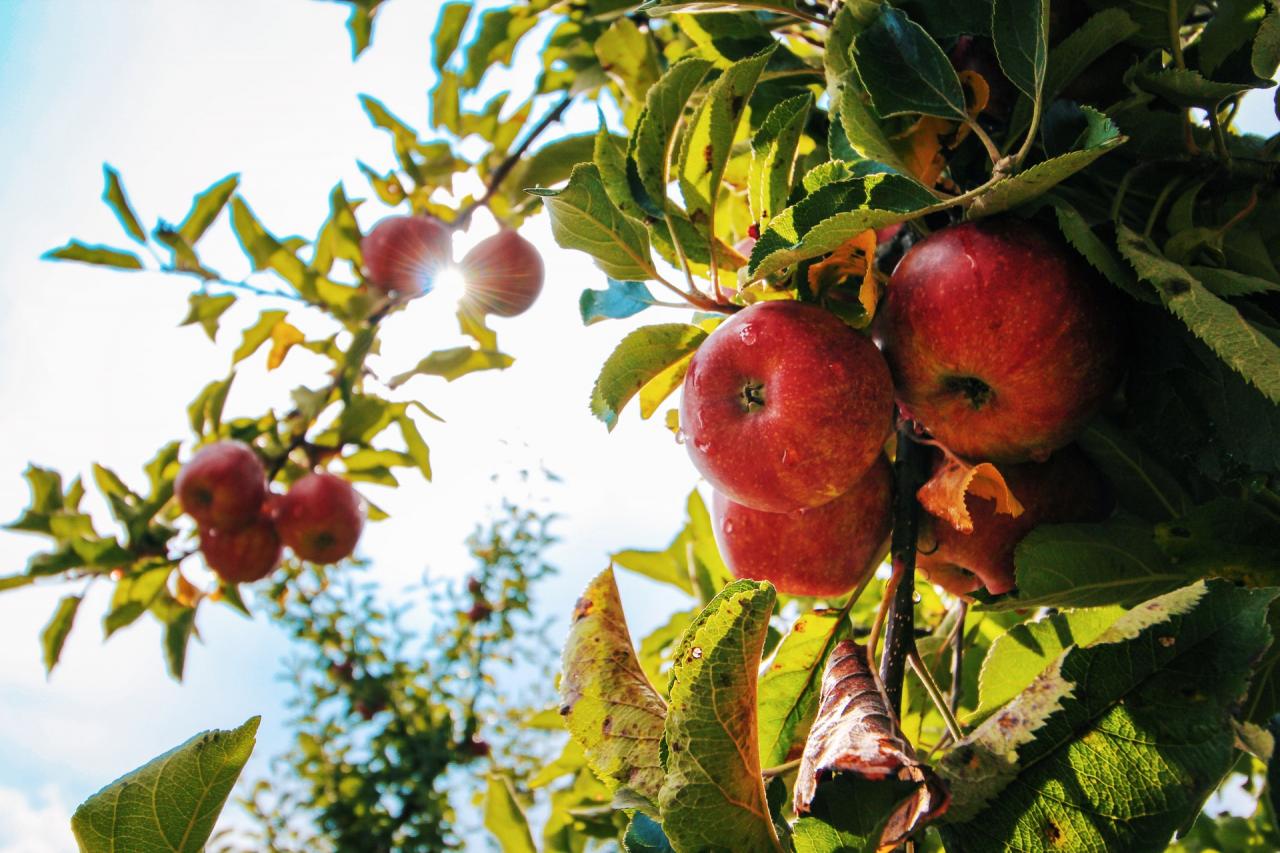Gardeners, farmers, and orchard operators have all felt the need to acquire eco-friendly approaches to growing trees, preserving land, and, at the same time, reducing the harmful impact on the environment in doing so.
This can be done by mulching. Mulching boosts the natural growth process of trees and plants. It stifles the formation of weeds, helps in reducing soil erosion, holds the moisture in the soil for more extended periods, especially in the summer months, and insulates the plants from excessive temperatures. Furthermore, mulching prevents some crops like strawberries from spoiling and supports favorable warm and soil organism activity. On top of it all, mulching makes your garden bed look great, neat, tidy, and attractive.
Mulching, however, can be deemed disadvantageous if you don’t know how to use it properly. It can lead to drying and overheating the soil if it has been piled in a thick layer around the plant. Sometimes mulch can create a lack of oxygen and sunlight, which is, of course, harmful to the plant’s growth. Sometimes mulch can also get infested with pests and high acidity levels, which could deter plant growth.
There are many kinds of mulch for your orchard that you can make use of. But they are mainly divided into two types.
Synthetic Mulch
Mulches made of synthetic materials are cruel to the soil as they completely crush growth. These can be suitable for the weeds in your orchards but not for the trees! Synthetic mulches include mulches made from black plastic sheets, newspapers, landscaping fabrics, dyed wood, gravel, and stone chips. Synthetic mulches are not a good choice for orchards as they suppress growth and kill essential soil microbes and roots under the soil.
Organic Mulch
If you want your orchard trees to grow into healthy fruit-bearing trees, your best option is organic mulch. Depending on the condition and range of trees you are growing, you can choose from a wide range of organic mulches like compost, straw, grass clippings, and pine needles.
Some mulches that you can offer to enhance sustainability and increase the productivity of your orchard in a manner that is environmentally friendly and relies less on harmful pesticides and chemicals are mentioned below.
If you use manure as mulch, make sure it has completely rotted. Otherwise, it can burn your trees. The leaf mold mulch can retain water and improve the texture of the soil. Remember to use leaves that are not from diseased trees. These mulches are simple to prepare and are at the same time inexpensive.
Mulches rich in nutrients: These contain all the essentials needed for the health of your plants, such as phosphorus, nitrogen, and potassium. These mulches discharge their nutrients slowly and effectively into the trees. Compost, manure, and leaf molds are examples of extremely rich mulch full of nutrients. As these mulches contain beneficial bacteria, the compost builds good, healthy soil.
Other mulches: Living mulch, straw, and shredded paper mulch are also economical and effective. They provide almost the same benefits as the ones mentioned above.
Using organic mulch for your orchard is a necessity to make your orchard eco-friendly. Organic mulch will take good care of the trees in your orchard by improving the soil fertility and reducing the damage to the environment that will otherwise be caused when making users synthetic or in organic mulch.

